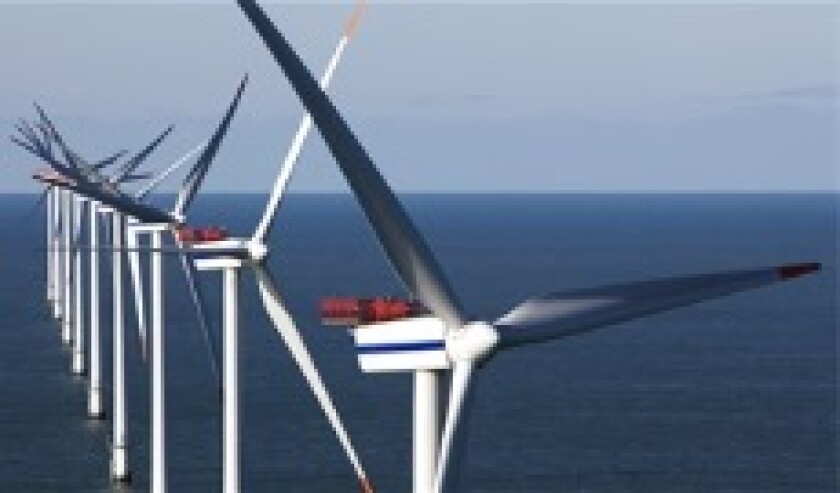Few of Europe’s big economies have such a paucity of public investment institutions as the UK.
While Germany has several development banks, plus the publicly owned Landesbanks, and France has a proliferation of public bodies borrowing and lending to (partly state-owned) French corporates, the UK has traditionally funded more or less anything it wants to subsidise through central government.
Recent experiments haven’t changed the picture much. The “Green Investment Bank”, now privatised after five years, had a mighty £1.6bn in total assets — roughly equivalent to KfW getting out of bed and cracking its knuckles — while the British Business Bank, which couldn’t even borrow, has a balance sheet of under £1bn. The UK government raises more funds in the first five minutes of a Gilt syndication than it has lent in five years through its public investment institutions.
So it’s no great surprise that some UK corporates rely heavily on the European Investment Bank to provide the sort of long-term stable finance that the likes of KfW, Cassa Depositi e Prestiti, or Caisse des Dépôts et Consignations provide. Of course, the EIB is active right across Europe and beyond; but the UK’s paucity of homegrown development banks makes it crucial.
UK treasurers are now looking to EIB alternatives, though, for now, it ought to be business as usual. The EIB still publicly declares itself willing to lend, but is reportedly taking more time over authorising projects, and conducting more legal due diligence — seeking satisfaction that it will preserve tax-free status and environmental standards once the UK finally departs.
While there are plenty of other political fights to be had in the UK, Brexit ought to offer an opportunity to consider what, if anything, should replace this funding.
For some of the UK’s borrowers, “nothing” should be the answer. Some of the privatised water companies, for example, use EIB funding in place of long term bonds, saving between 20bp and 60bp depending on tenor, according to one DCM banker.
That goes straight into the pockets of the equity holders, calling into question the whole rationale for privatising utilities in the first place. The cashflows of the water companies are regulated, in five year review terms, as are their investment programmes. If their liabilities also benefit from public subsidy, it’s hard to see why the equity should be privately owned is.
Perhaps if the EIB funding allowed the firms to fill a funding gap the private sector couldn’t provide, there’d be a case for the government to do the same. But the UK’s major utilities are mostly sophisticated capital markets borrowers, able to access long term secured bonds in ample size.
What the UK does need, desperately, is public backing for ambitious, greenfield infrastructure. Project finance for the public sector is risky, prone to cost overruns, and highly political. Public investment institutions can take the long term view, and possess the political connections, to make sure that these projects get off the ground — and it often does make the difference between a project being viable or not.
Right now, London’s Crossrail, the largest construction project in Europe, is being finished off — and part funded by a £1bn EIB loan. Tunnelling has begun on the Thames Tideway supersewer, set to solve London’s sewage problems for a century, backed by £700m from the EIB.
Off the coast of Grimsby, the Hornsea windfarms are taking shape — three giant projects, projected to supply four gigawatts of power — more than the nuclear power station Hinkley Point C. The first phase alone, Hornsea Project One, will itself be the largest offshore wind farm in the world.
DONG Energy, which will operate Hornsea, recently bid to construct offshore wind farms in Germany without public subsidy for the power they provide. But the liability side of its balance sheet hoover up development financing from EIB, the Nordic Investment Bank, KfW-IBEX and others. Giant infrastructure projects simply don’t get done without it.
So the UK after Brexit should make a clear-sighted distinction between the two forms of public investment — straightforward funding subsidies, displacing private sector bonds and enriching private sector shareholders, and stepping up to support critical infrastructure which may never get built without public help. The UK will need some kind of infrastructure bank, and now’s the time to decide what kind.

